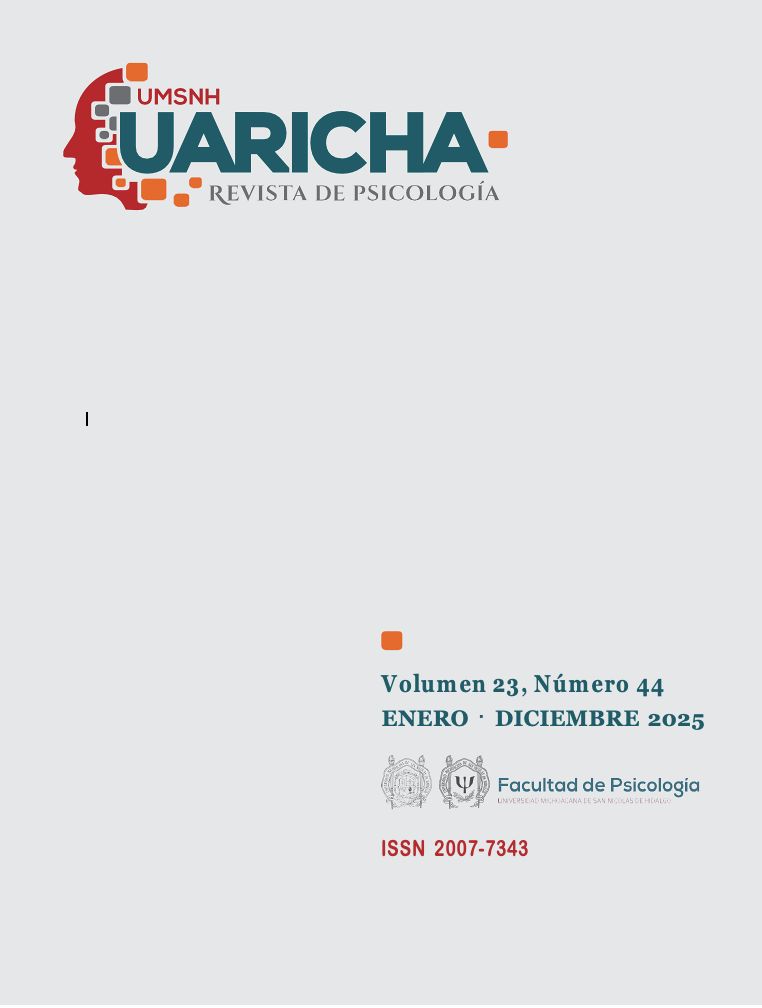Between the classificatory frenzy and the listening to subjective events: Divergences between psy disciplines and analytical clinical practice
Main Article Content
Abstract
The psy disciplines are inheritors of the moral treatments conducted during the 19th century, that legacy has infiltrated their praxis and their reflection on it, delineating a particular methodological procedure, which tends to pay more attention to what discursively demand the prevailing institutions rather than what is aroused in the psychic order, which correlates with the emergence and proliferation of therapies without subject that take the diagnosis as the central axis of their practice, leaving out what makes us human: the subjective field. The pressing insistence on standardizing inner life in favor of the rapid (re)integration into the word of productivity has been consolidated as an imperative that demands to create devices that enhance technique, dismissing the reflections and questions that emerge in the encounter with singularity. Hence, the objective of this article is to analyze some of the clinical positions of both psychology and psychoanalysis in order to analyze, from a critical position, the foundations, discourses and power relations that precede and sustain the praxis of both disciplines.
Article Details
Issue
Section

This work is licensed under a Creative Commons Attribution-NonCommercial-NoDerivatives 4.0 International License.
The authors have the right to ownership or copyright and they give to "Uaricha Psychology Magazine" the right to publish for the first time the article, as well as disclose and distribute it on the technological available media and through repositories.
Uaricha Psychology Magazine, is a quarterly publication, published by the Psychology College of the "Universidad Michoacana de San Nicolás de Hidalgo", Street Francisco Villa No. 450, Col. Dr. Miguel Silva, Morelia, Michoacán, P. C. 58110. Phone (+52) 443 312 9909, ext. 149, www.revistauaricha.umich.mx, uaricha.publicaciones@umich.mx. Responsible publisher: Roberto Oropeza Tena. Reserve of exclusive use rights No. 04-2013-070413365500-203, e-ISSN: 2007-7343, Granted by the National Institute Copyright. Responsible of the last update of this number, Computer center of the Psychology College, Ing. Erick Vidar Alva Rangel.
How to Cite
References
Agamben, G. (2018). El tiempo que resta: Comentario sobre la carta sobre la humanización de la guerra de Heidegger. Pre-Textos.
Augé, M. (1992). Los no lugares. Espacios del anonimato. Una antropología de la sobremodernidad. Gedisa.
Ballesteros, R. (2013). Evaluación psicológica. Conceptos, métodos y estudio de casos. Pirámide.
Bercherie, P. (1986). Los fundamentos de la clínica. Historia y estructura del saber psiquiátrico. Manantial. (Trabajo original publicado en 1980).
Braunstein, N. (2013). Clasificar en psiquiatría. Siglo XXI.
Brown, W. (2015). Undoing the demos: Neoliberalism's stealth revolution. Zone Books.
Colina, F. (2013) Sobre la locura. Cuatro ediciones.
Dor, J. (2006). Estructura y perversiones. Gedisa.
Fassin, D. (2018). Life: A critical user’s manual. Polity Press.
Fernández, A. (2025). El valor de la palabra en los espacios de producción de cuidado de adolescentes y sus familias. Journal Proyecto Ética, 2(1), 19-25. Recuperado de https://proyectoetica.org/journal-proyecto-etica-vol-2-num-1-enero-julio-2025/
Foucault, M. (2005). El poder psiquiátrico. Fondo de Cultura Económica. (Trabajo original publicado en 1974).
Foucault, M. (2015). Historia de la locura en la época clásica I. Fondo de Cultura Económica. (Trabajo original publicado en 1964).
Freud, S. (2010). Consejos al médico sobre el tratamiento psicoanalítico (L. Etcheverry, Trad.). En J. Strachey (Ed.), Sigmund Freud: Obras completas (Vol. 12, pp. 209-216). Amorrortu. (Trabajo original publicado en 1912).
Freud, S. (2012). Estudios sobre la histeria. En J. Stratchey (Ed.) y J. L. Etcheverry (Trad.). Obras Completas (Vol. 2, págs. 29-313). Amorrortu. (Trabajo original publicado en 1893-95).
Freud, S. (2012). Las resistencias contra el psicoanálisis. En J. Stratchey (Ed.) y J. L. Etcheverry (Trad.). Obras Completas (Vol. 19, págs. 227-237). Amorrortu. (Trabajo original publicado en 1925[1924]).
Jardim, L., & Rojas, M. (2010). Investigación psicoanalítica en la universidad. Estudos de Psicología, 27 (4), 529-536. Recuperado de chrome-extension://efaidnbmnnnibpcajpcglclefindmkaj/https://www.scielo.br/j/estpsi/a/kGLNk9cX4fvzNpzc7XVPWRj/?format=pdf
Lacan, J. (1976/2006). Escritos I. Siglo XXI.
Masilla, G. (2014). Yo nena, yo princesa. Luana, la niña que eligió su propio nombre. UNGS.
Nasio, J. (2000). Los más famosos casos de psicosis. Paidós.
Zourabichvili, F. (2014). La filosofía de la existencia: La posibilidad de la vida humana en un mundo sin Dios. Siglo XXI.
Zournazi, M., & Butler, J. (2021). Emotional Territories: Conversations on hope, trauma and the limits of therapy. Routledge.

